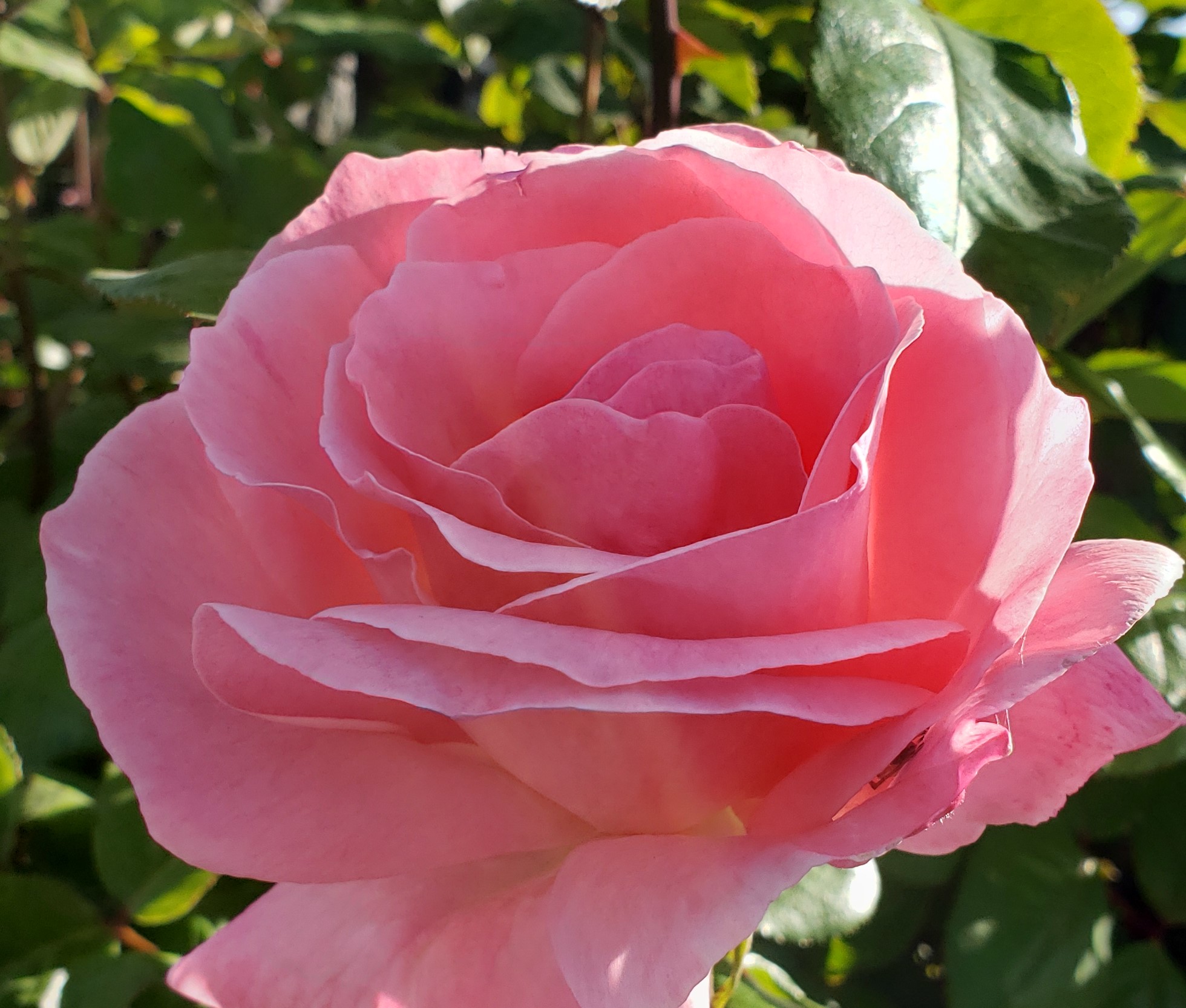The roses are blooming. Their brilliant colors are complimented with their transcending aroma.
Looking at roses and smelling their scent can be intoxicating. But what about the rose that is fading? Has the fading flower lost its purpose?
I collected the aging rose pedals in the garden before they fell to the ground and I learned how to distill rose water in my kitchen.
Making rose water is pretty easy. But how should I use it? I did some more reading and learned about a host of health benefits that the rose offers.
There are many, many different kinds of roses. All of the research I accessed used the Rosa damascene, or Damask rose, in their investigations. I am not certain what kind of rose is growing in my garden.
It is well known that roses are often used in topical beauty products. I have also seen it used in teas. While I did not come across any information warning against toxicities, there is not a tremendous amount of research, especially human research, on ingestion parameters. The research I found primarily utilized tinctures, extracts, supplements. One study used rose in a hydrosol form. Floral hydrosols are produced through distillation. Distilled rose water may contain anywhere from 10 to 50% rose essential oil.1
Roses have religious significance and are used in traditional medicine. They are used as a folk remedy for constipation, depression and anxiety, sleeplessness, coughs, and headaches, among others.1, 2
The scientific research investigating the properties of roses suggest roses may be able to affect our health and well-being. While research is focused primarily in laboratory and animal studies, some interesting results are substantiating the beneficial health properties of the rose.
Roses have antibacterial, anti-oxidant and anti-inflammatory properties.1, 2 An animal study found that feeding rose hydrosol to diabetic rats improved glucose, weight, and advanced glycated end product (AGEs) levels, as well as inhibited cataract formation and had positive effects on the liver.3 Rahimi and colleagues (2018) found that a rose extract affected the Renin-Angiotensin System in rats and may have cardiovascular effects.2 In a clinical trial, cognitive function and depression were improved with administration of a rose extract in older patients with dementia.4
All good. Then this…
A laboratory study investigated the ability of rose extracts and found that rose in tincture and aqueous forms were able to moderately inhibit the enzymes that breakdown collagen and elastin.5
Will the fading rose be able to slow a fading complexion? Will applying rose water to my face topically help prevent wrinkles? I don’t know. But it smells good.
I am new to rose water. But I am intrigued.
Stop and smell the roses. Enjoy their beauty. And appreciate the value lying deep within.
(Disclaimer: This post does not claim safety of ingestion or topical use, nor does it suggest treatment. Misuse of essential oils can be toxic.6 Do not ingest or topically apply any botanical without first verifying with experts about safety. Consult with your medical professional before supplementing or engaging in alternative treatments.)
Sources:
1. Akram, M., Riaz, M., Munir, N., Akhter, N., Zafar, S., Jabeen, F., Shariati M.A., Akhtar, N., Riaz, Z., Altaf, S.H., Daniyal, M., Zahid, R., & Khan, F.S. (2019). Chemical constituents, experimental and clinical pharmacology of Rosa damascena: a literature review. Journal of Pharmacy and Pharmacology. 72(2): 161-174. doi.org/10.1111/jphp.13185
2. Rahimi, M., Ghoreshi, M., Emami, B., Shafei, M.N., Hosseini, M., & Khajavirad, A. (2018). Preventive Effect of Hydroalcoholic Extract of Rosa damascena on Cardiovascular Parameters in Acute Hypertensive Rats Induced by Angiotensin II. International Journal of Preventive Medicine. 9: 92. doi: 10.4103/ijpvm.IJPVM_312_1
3. Demirbolat, I., Ekinci, C., Nuhog˘lu, F., Kartal, M., Yıldız, P., & Geçe, M.O. (2019). Effects of Orally Consumed Rosa damascena Mill. Hydrosol on Hematology, Clinical Chemistry, Lens Enzymatic Activity, and Lens Pathology in Streptozotocin-Induced Diabetic Rat. Molecules. 24:4069. doi:10.3390/molecules24224069
4. Esfandiary, E., Abdolali, Z., Omranifard, V., Ghanadian, M., Bagherian-Sararoud, R., Karimipour, M., Mahaki, B., & Dabiri, S. (2018). Novel effects of Rosa damascene estract on patients with neurocognitive disorder and depression: a clinical trial study. International Journal of Preventive Medicine. 9:57. doi: 10.4103/ijpvm.IJPVM_199_17
5. Thring, TSA, Hili, P., & Naughton DP. (2009). Anti-collagenase, anti-elastase and anti-oxidant activities of extracts from 21 plants. BMC Complementary and Alternative Medicine. 9:27 doi: 10.1186/1472-6882-9-27
6. Poison Control. (n.d.). Essential Oils: Poisonous When Misused. Retrieved from https://www.poison.org/articles/2014-jun/essential-oils
Last Updated 5/3/20

